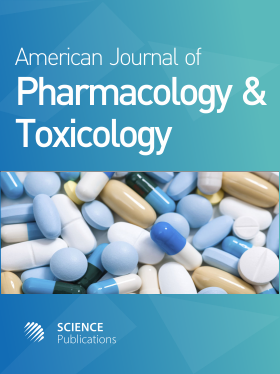Association of Remdesivir with Poor Clinical Outcomes in COVID-19-A Single Center Experience
- 1 Department of Medicine (Infectious Disease Division), All India Institute of Medical Sciences, Rishikesh, India
- 2 Department of Community and Family Medicine, All India Institute of Medical Sciences, Rishikesh, India
- 3 Department of Pharmacology, All India Institute of Medical Sciences, Rishikesh, India
Abstract
The need for an antiviral against COVID-19 prompted clinical trials worldwide and based on initial promising trends, remdesivir was widely used, including in India (compassionate use). Subsequent trials have been conflicting in their results and the utility of the drug has been widely debated. This is a record-based retrospective cohort study in a 1000-bedded government teaching hospital in North India. We reviewed the medical e-records of the COVID-19 positive patients admitted between June and November 2020. After assessing eligibility and making the necessary exclusions, 112 patients were retrospectively included in the remdesivir cohort and 85 in the standard care cohort. All the baseline characteristics of relevance and hospital admission details were collected. The following outcomes were assessed: All-cause mortality until discharge-stratified as per baseline oxygen support, age, gender, and co-morbidities; the proportion of severe and non-severe patients progressing to mechanical ventilation later on; and time to clinical recovery in survivors. We found a statistically significant association of higher mortality with the administration of remdesivir (odds ratio, OR 2.3, p-value 0.008) with a Cox regression hazard ratio of 1.590 (CI 0.944-2.679). The trend towards poorer outcomes in the remdesivir cohort persisted even after sub-stratification for age, gender, baseline severity (oxygen need), and co-morbidities but failed to reach statistical significance in most strata. Similarly, remdesivir administration was associated with higher rates of progression to mechanical ventilation amongst those severe and non-severe patients who were not on mechanical ventilation at admission (49% versus 15%, p-value <0.001, OR 5.2). This association was significant overall as well as for severe category patients when assessed separately (56% versus 26%, p-value 0.04, OR 3.1). There was, however, no difference in the days taken for clinical recovery between the two groups (13.23 days versus 12.8 days, p-value 0.77). Remdesivir administration was associated with overall worse clinical outcomes. This study contradicts the benefits shown with remdesivir in previous clinical trials done in controlled settings and highlights the challenges that newer therapies face in real-life hospital settings. There is a need to include diverse ethnic groups in the future clinical trials of the drug if to be used.
DOI: https://doi.org/10.3844/ajptsp.2022.1.8

- 4,074 Views
- 2,812 Downloads
- 0 Citations
Download
Keywords
- Antiviral Therapy
- Clinical Recovery
- Coronavirus Disease
- Mortality
